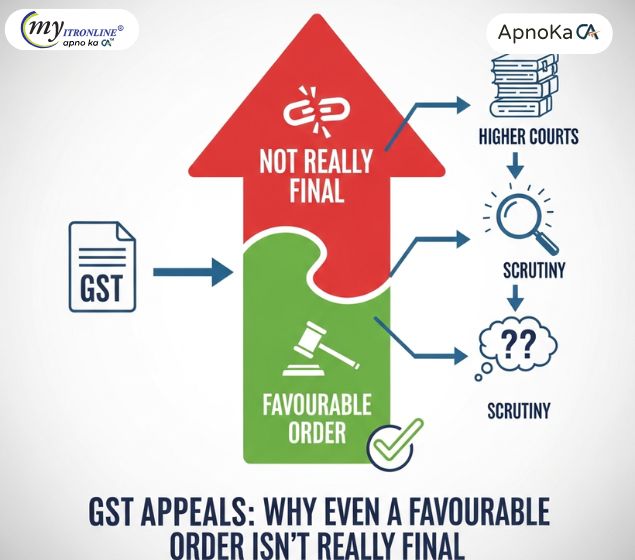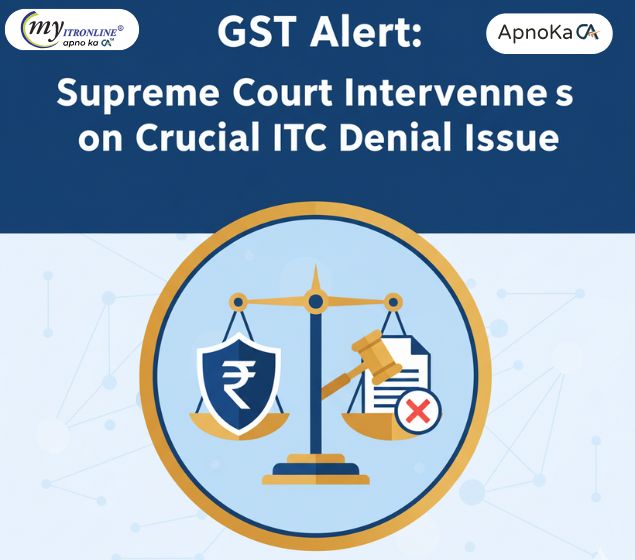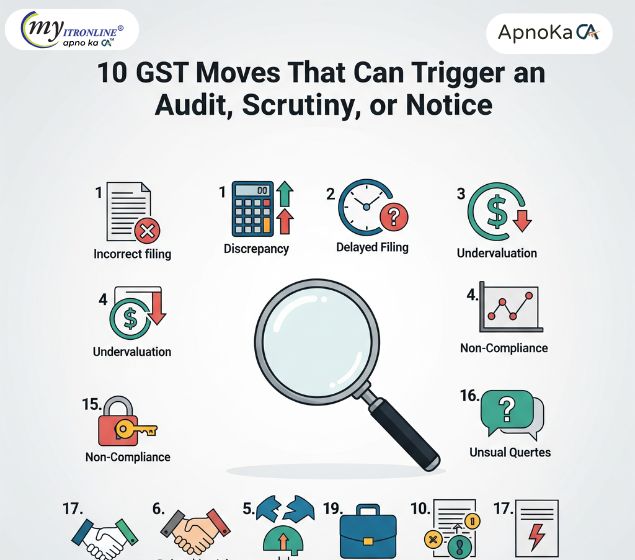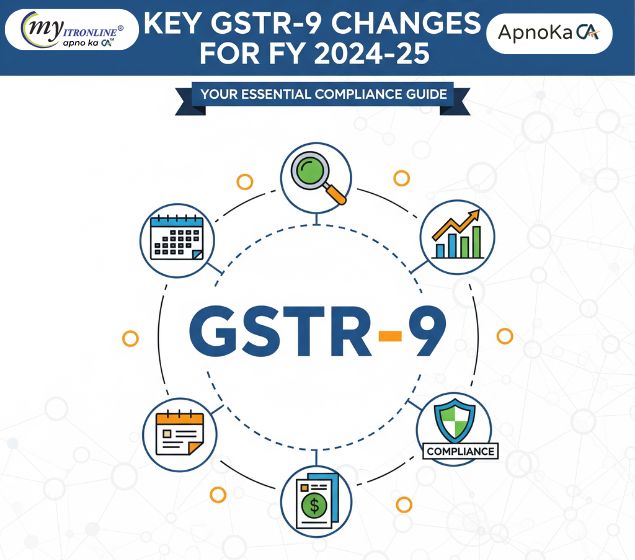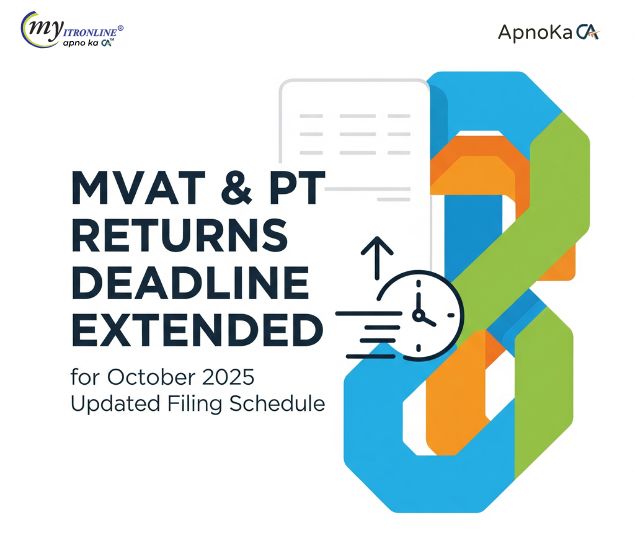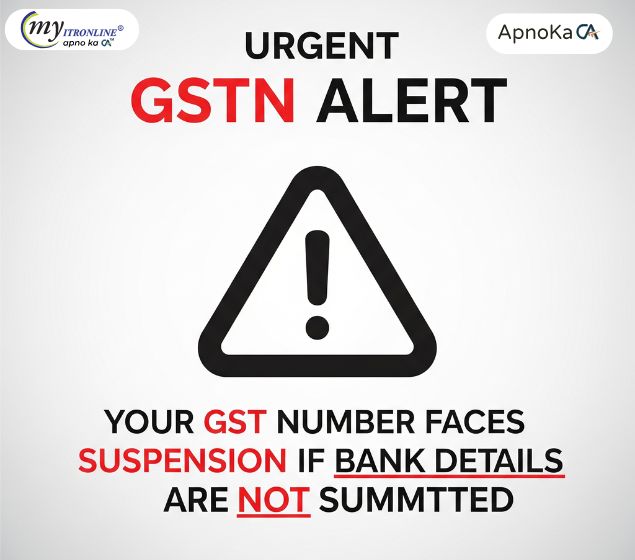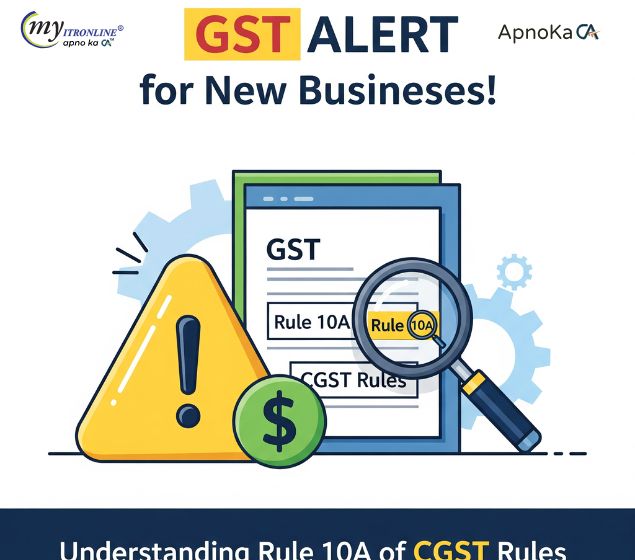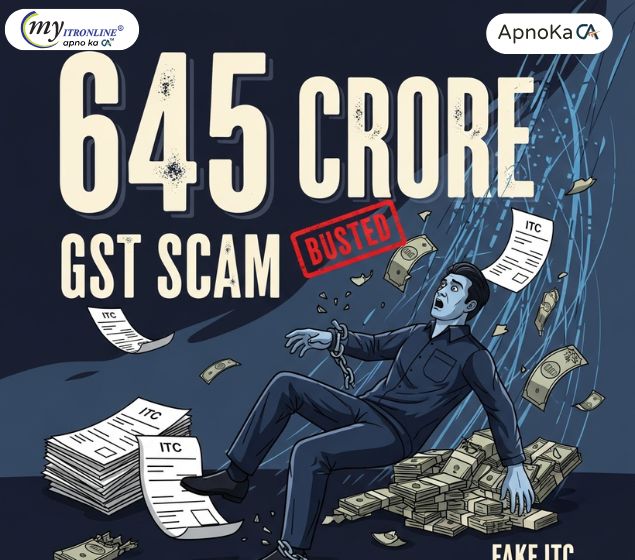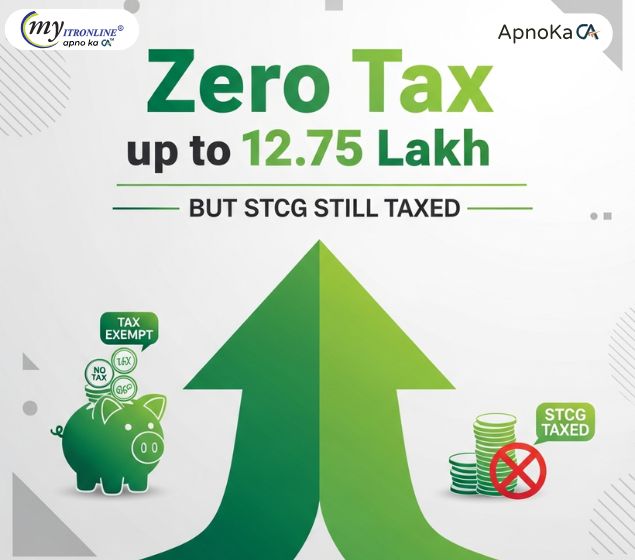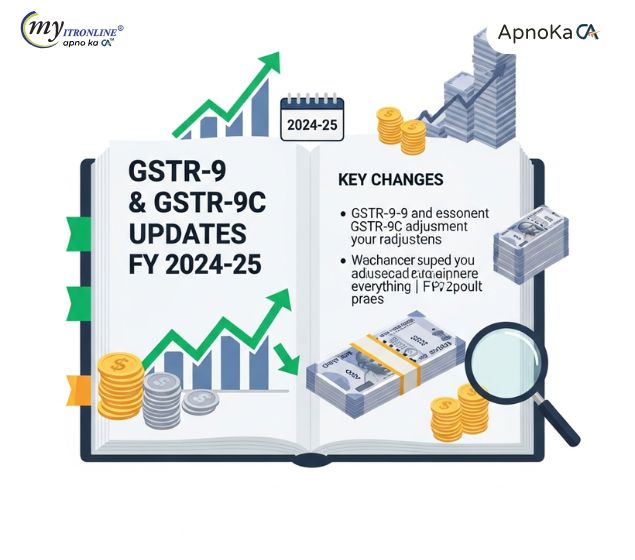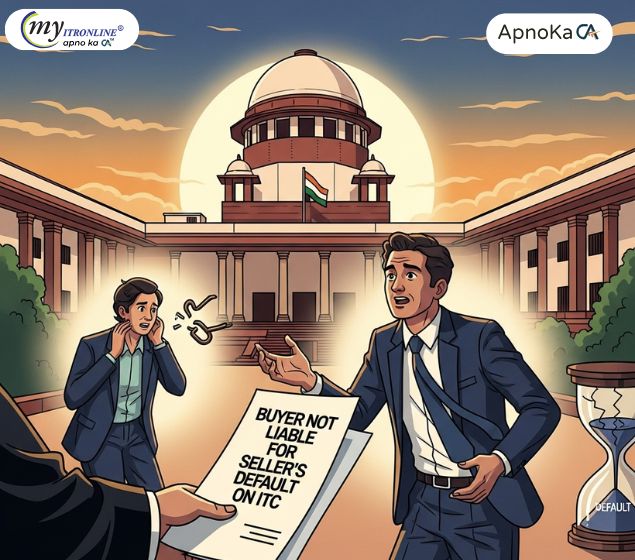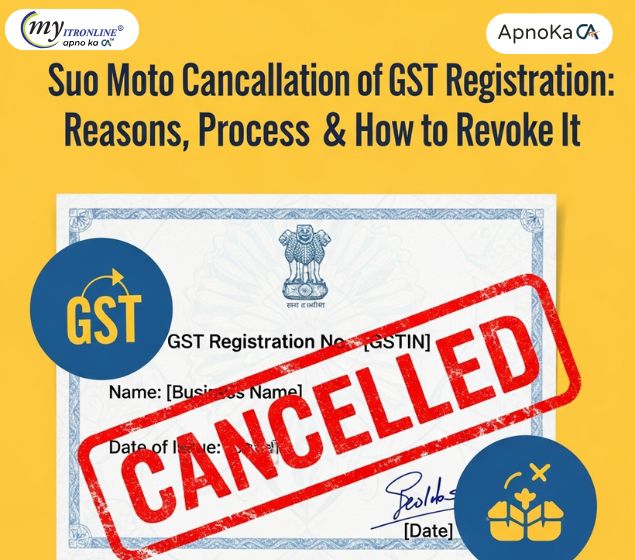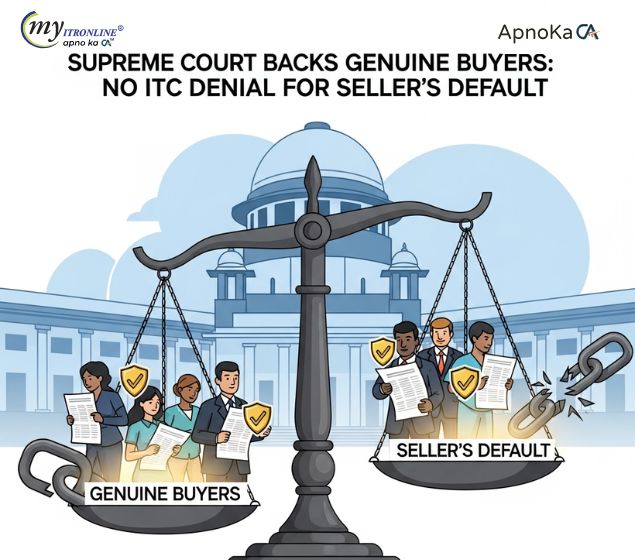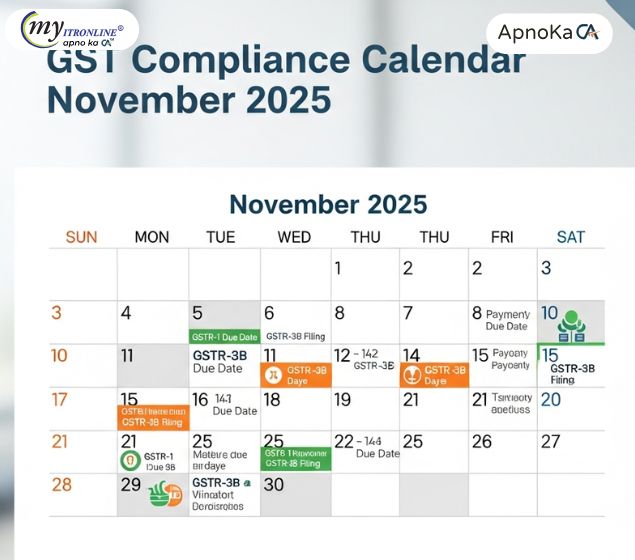ITC Guidelines for E-Commerce: CBIC Clarifications Under Section 9(5) of CGST Act
The CBIC has clarified ITC eligibility for e-commerce operators (ECOs) under Section 9(5) of the CGST Act, 2017. ECOs can claim ITC for inputs and services directly linked to taxable supplies, excluding items restricted under Section 17(5), with proper documentation and compliance. This guidance aims to reduce disputes, simplify compliance, and enhance transparency, though challenges like input segregation persist, promoting a more compliant e-commerce ecosystem.

The eligibility of e-commerce operators (ECOs) for the Input Tax Credit (ITC) under Section 9(5) of the Central Goods and Services Tax (CGST) Act, 2017 was recently clarified by the Central Board of Indirect Taxes and Customs (CBIC). The applicability of ITC for ECOs in charge of collecting and paying GST on behalf of certain service providers has long been unclear; this clarification resolves such uncertainties.
We'll examine this clarification's details, ramifications, and effects on the e-commerce industry in this blog.
Comprehending CGST Act Section 9(5)
The CGST Act's Section 9(5) gives the government the authority to alert specific service categories in which the onus of paying GST has been transferred from the service provider to the ECO. This clause covers services including passenger transportation, hotel reservations, housekeeping, and taxi aggregation. The ECO is in responsibility of gathering and sending GST to the government under this reverse-charging system.
The question of whether ECOs can claim ITC on GST paid on inputs used to enable such services has persisted, nevertheless.
CBIC's Recent Clarification
A thorough explanation of ECOs' ITC eligibility under Section 9(5) is given in the CBIC's clarification. Important points consist of:
- Character of the Supply in Section 9(5): For certain services, ECOs are considered suppliers. This indicates that ECOs serve as the provider for certain transactions in order to comply with GST.
- Qualifications for the ITC: According to Section 9(5), ECOs can only claim ITC on inputs and input services that are directly used to create taxable supplies.
- Goods and services excluded: Items such as automobiles, personal consumption expenses, and gifts, restricted under Section 17(5), are not eligible for the ITC.
- Making a Reverse Charge Tax Payment: GST paid through the ECO's reverse charge mechanism is claimable if used to create taxable supplies.
- Documents and Invoices: To claim ITC, you must have the right paperwork, such as tax receipts from input or input service providers.
Consequences for Online Retailers
By clearly defining the parameters for ITC claims, the clarification provides ECOs with both relief and accountability. The main ramifications are as follows:
- Simplifying Compliance: There are fewer disagreements and lawsuits now that ECOs are clear about which input expenses can be deducted from their GST liability.
- Changes in Operations: To guarantee the most ITC benefits, e-commerce platforms might need to review their procurement procedures.
- Cost Control: By lowering ECOs' effective tax costs, ITC claims can increase profitability or enable end users to save costs.
- Impact on the Sector: A more efficient e-commerce environment is promoted by ITC rule clarity, which also reduces the possibility of unintentional tax mistakes and promotes compliance.
Obstacles and Things to Think About
Although the explanation offers much-needed direction, ECOs nevertheless face the following difficulties:
- Input Segregation: To distinguish between eligible and non-eligible ITC inputs, ECOs require strong accounting systems.
- Respect for ITC Limitations: To avoid fines, ECOs must continue to be aware of the limitations outlined in Section 17(5).
- Requirements for Documentation: In order to support ITC claims during audits, accurate and comprehensive paperwork is essential.
- Effect on Small-Sized Operators: It could be difficult for startups or smaller ECOs to have the required compliance processes in place.
Conclusion
A positive step toward guaranteeing openness and uniformity in GST compliance is the CBIC's explanation of e-commerce operators' eligibility for the ITC under Section 9(5) of the CGST Act. The government has cleared up long-standing misunderstandings by precisely outlining the requirements for ITC claims, opening the door for more seamless operations in the e-commerce industry.
To be competitive in a market that is constantly changing, ECOs should take advantage of this opportunity to review their tax policies, improve their compliance systems, and maximize their input tax credits.
FAQs
What is the CGST Act's Section 9(5)?
The e-commerce operator is now in charge of collecting and remitting taxes since Section 9(5) transfers the GST duty for specific services to them.
Can ECOs claim all inputs for the ITC?
No, ITC is only available for services and inputs that enable taxable deliveries, not those that are prohibited under Section 17(5).
What paperwork is needed to make an ITC claim?
In order to support their ITC claims during audits, ECOs are required to keep tax invoices and other pertinent documentation.
What effects does this clarification have on smaller ECOs?
Smaller ECOs may need to make investments in improved accounting systems to guarantee conformity, even though the clarification makes compliance easier.
FILING YOUR INCOME TAX RETURN F.Y 2024-25 (A.Y. 2025-2026) WITH MYITRONLINE
The income tax filing deadline is right around the corner. If you haven’t filed yet, do it today with Myitronline! Avoid last minute rush and file your tax return today on MYITRONLINE in Just 5 mins.(www.myitronline.com)
If you are looking for eCA assistance to file your income tax return/ GST, you can opt for MYITRONLINE eCA assisted plan starting
Upload Salary Individual Form-16
If you have any questions with filing your tax return, please reply to this mail. info@myitronline.com OR call 9971055886,8130309886.
Note-All the aforementioned information in the article is taken from authentic resources and has been published after moderation. Any change in the information other than fact must be believed as a human error. For queries mail us at marketing@myitronline.com
Krishna Gopal Varshney
An editor at apnokacaKrishna Gopal Varshney, Founder & CEO of Myitronline Global Services Private Limited at Delhi. A dedicated and tireless Expert Service Provider for the clients seeking tax filing assistance and all other essential requirements associated with Business/Professional establishment. Connect to us and let us give the Best Support to make you a Success. Visit our website for latest Business News and IT Updates.
Leave a reply
Your email address will not be published. Required fields are marked *Share this article
Krishna Gopal Varshney, Founder & CEO of Myitronline Global Services Private Limited at Delhi. A dedicated and tireless Expert Service Provider for the clients seeking tax filing assistance and all other essential requirements associated with Business/Professional establishment. Connect to us and let us give the Best Support to make you a Success. Visit our website for latest Business News and IT Updates.
View articles








